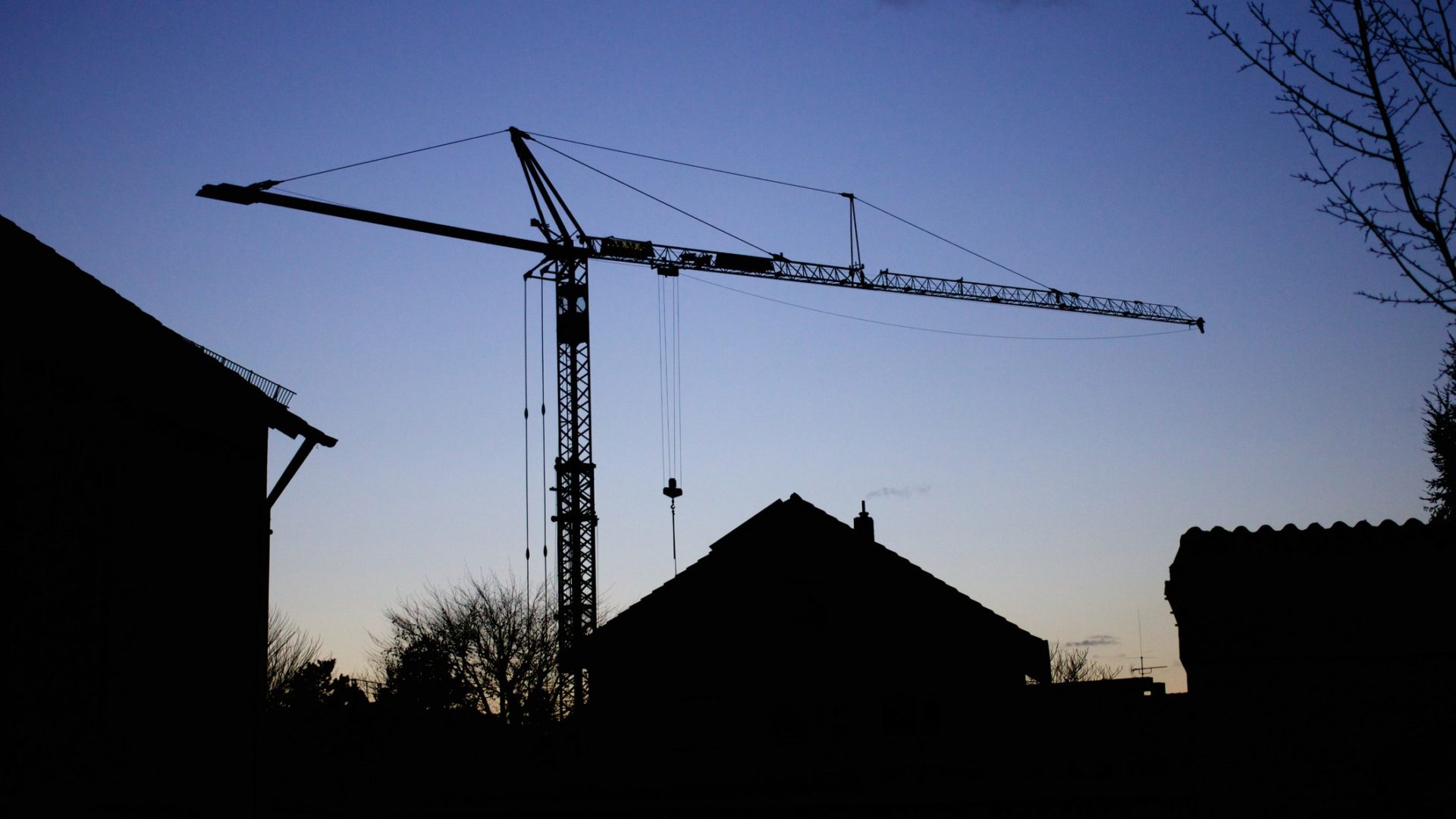
The government needs to have a “radical rethink” when it comes to planning future housing demand, while a major boost in employment will be needed across “levelling up areas” as demand increases.
That’s according to a new report by the UK housing industry figures who make up the independent Building Back Britain Commission.
The commission, which comprises business leaders from Barratt Developments, Legal & General, Mace, NHBC, The Riverside Group and Thakeham, said the focus for new housing needed to be shifted away from London and the South East, as research shows that as many as 140,000 homes will be required every year, particularly in the North and the Midlands, over the next two decades.
The report called for the creation of at least one ‘Construction Cluster’ in every region of the UK by 2030 to help train new construction workers.
The research, authored by former Treasury economist Chris Walker, assumes that over the next 20 years employment levels will increase in areas the government identified as most in need of “levelling up” and which currently have rates below the national average.
Key findings in the report include:
- Over the next 20 years around 86,000 to 140,000 homes will be needed every year in the areas government defines as most in need of levelling up – a third of this will be affordable housing.
- This is around an additional 13,000 to 67,000 homes every year compared to the government’s current estimates for those areas.
- The report argues for the creation of at least one ‘Construction Cluster’ in every region of the UK by 2030 to foster innovation and help train up workers in the latest methods of construction, with the first of these located in Leeds.
- Birmingham would require the largest increase in new homes. Currently, 4,829 homes a year have been earmarked under the standard way the government assesses need. This would rise to 12,430 homes a year under a scenario based on future growth.
- Manchester requires the second largest increase in new homes. Using the present housing assessment, 3,527 homes are needed a year. This more than doubles to 7,469 homes a year based on future growth, according to the commission.
Terrie Alafat, chair of the Building Back Britain Commission, said: “Our results have profound implications for policy. The government’s current housing strategy simply does not fit the levelling up agenda. It is based on past growth trends and will not be dynamic enough to meet future demand. The increase in demand in levelling up areas should reduce the pressure for new homes in other areas that are already economically developed.”
Jason Millett, CEO for consultancy Mace, said: “The levelling up agenda cannot succeed if we don’t change how and where we build the homes we so desperately need. If we can unlock modern methods of housing delivery at scale, we can boost growth, create thousands of green jobs and address the causes of regional inequality that drive unequal outcomes across the UK. This timely report lays out a clear vision for how government, housing providers and the private sector can work together to make that vision a reality.”











